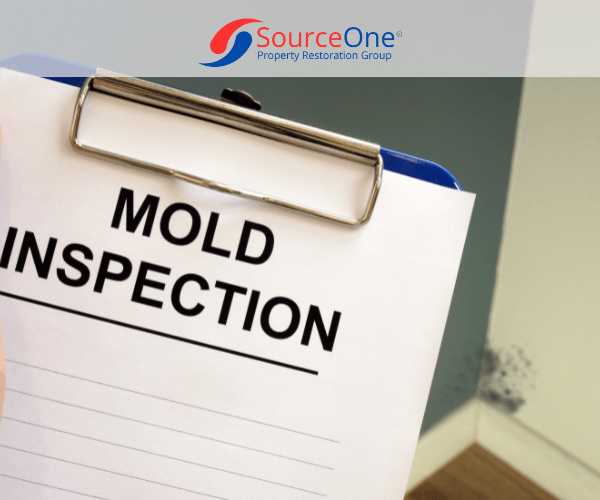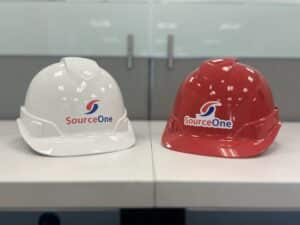
Lenny Brooks
Published Date: 09-16-24
Top Causes of Water Damage in Fort Lauderdale Homes and How to Prevent Them
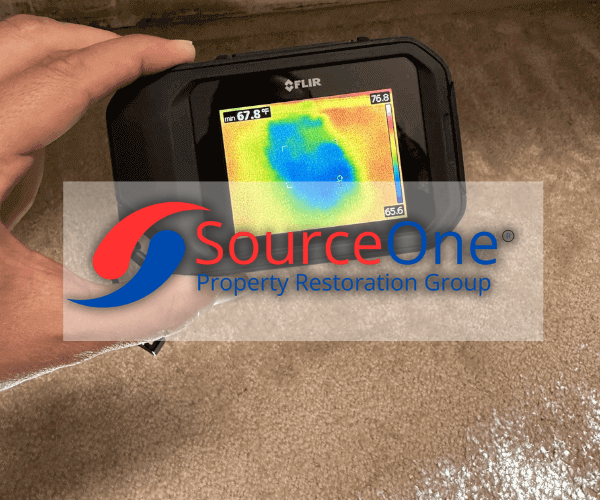
I. Introduction
Brief Overview of Water Damage in South Florida
We recently had a client with insulation problems in their home. This caused high humidity and water damage, leading to mold growth in various areas. This raised our interest in discussing a common issue in Fort Lauderdale—water damage restoration and how it can help prevent long-term damage in homes. Water damage is a common and often costly issue faced by homeowners in the region. The unique climate, with heavy rain and high humidity, causes water damage. It is prone to hurricanes, too. Sudden storms and high humidity can damage properties, from the roof to the foundation. Residents, if you know the risk and take steps to prevent water damage, you can better maintain your property’s value.
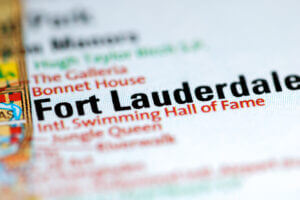
Purpose of the Blog
This blog aims to educate South Florida homeowners on water damage. It will cover the most common causes and ways to prevent them. This guide will help you protect your property from water damage. It has tips for dealing with storm damage and moisture buildup.
II. Common Causes of Water Damage in South Florida Homes
Hurricanes and Tropical Storms
Hurricanes and tropical storms likely cause most water damage to South Florida homes. Hurricane season is June 1 to November 30. It’s when ocean water is warmest, causing hurricanes to form. The region’s location makes it vulnerable to these powerful storms. They can bring devastating winds, heavy rains, and storm surges.
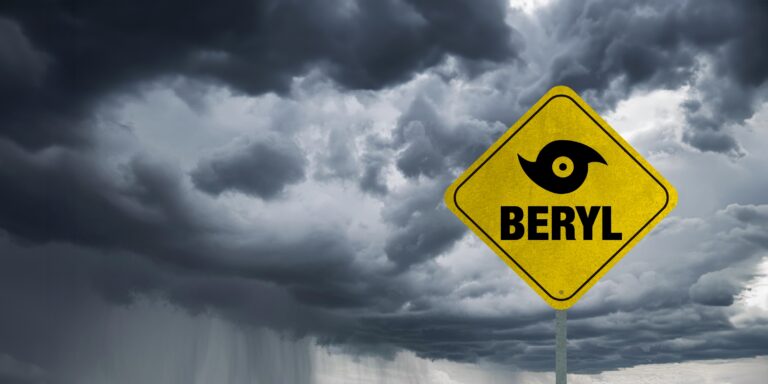
The Impact of Heavy Rainfall
In 2023, Fort Lauderdale recorded its wettest year on record with over 100 inches of rainfall. This was mainly due to consistent rainfall. We were lucky to avoid any hurricanes or tropical storms. Heavy rain can overwhelm drainage systems, causing floods inside and outside homes. The rain made the soil too wet. This can cause flooding in neighborhoods.
Roof Damage and Leaks
One of the most common forms of water damage during a hurricane or tropical storm is roof damage. High winds can lift and shift roofing materials. This can let water in. In some cases, entire sections of the roof may be torn off, exposing the interior of the home to the elements. Even minor damage to shingles or tiles can cause leaks. This can damage the attic, ceilings, and walls. Below, we have some prevention tips that include advice on reinforcing your roof.
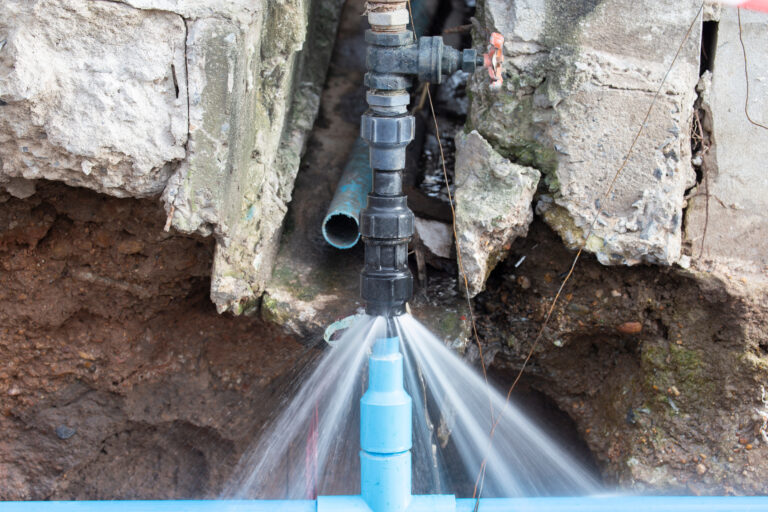
Flooding and Storm Surges
Storm surges are abnormal sea level rises. They are caused by a storm’s winds pushing water toward the coast. They pose a significant flood risk. Coastal and low-lying areas are most at risk. Floodwaters can quickly inundate homes, damaging floors, walls, electrical systems, and personal belongings. Heavy rain from these storms can cause inland flooding. It can overwhelm rivers, canals, and drainage systems.
Structural Damage
In severe cases, the combination of wind, rain, and flooding can lead to structural damage. Water can weaken a home’s foundation, walls, and supports. This can make it unsafe and lead to costly repairs. Prolonged exposure to water can cause mold growth. This can weaken the home’s structure and harm its occupants’ health.
Prevention Tips:
- Reinforce Your Roof: Check your roof often. Keep shingles, tiles, and flashing in good condition. Consider reinforcing the roof with hurricane straps or clips to provide additional protection.
- Seal Openings: Check and seal any cracks around windows, doors, and vents. This will prevent water from seeping in during a storm.
- Install storm shutters on windows and glass doors. They protect against wind-driven rain.
- Elevate Utilities: In flood-prone areas, elevate the HVAC, electrical panels, and water heaters. This will prevent flood damage.
- Create a Drainage Plan: Your property must drain water away from the home. Clear gutters and downspouts of debris. Also, consider a sump pump in the basement or crawl space.
III. The Importance of Professional Water Damage Prevention Services
This hurricane season, we’ve had no major storms. So, you have time to prepare for heavy rains. If you haven’t, we recommend a proactive approach. For more guidance, read our hurricane preparedness guide. It has details on what to do before, during, and after a storm.
Another important aspect of prevention is managing the risk of flooding. Fort Lauderdale has faced major drainage issues in its neighborhoods. The city is working on a stormwater project. It may help with future rain events. However, we recommend doing your part to help keep your home as safe as possible. To improve drainage around the home, keep gutters and downspouts clear. Also, consider landscaping changes to direct water away from the foundation. In flood-prone areas, elevate utilities like the HVAC, electrical panels, and water heater. This can prevent significant damage. After the storm, a reliable restoration company will help fix any damage.
Choosing the Right Water Damage Restoration Company
To protect your home from water damage, choose the right restoration company. Instead of detailing everything here, please see our guide. It covers how to choose the best water damage restoration company. This blog covers it all. It explains how to evaluate experience and credentials. It also covers the importance of local expertise. In South Florida, professional water damage prevention services are vital. They protect your home. For detailed advice, visit our full guide. It will help you decide what’s best for your home or business.
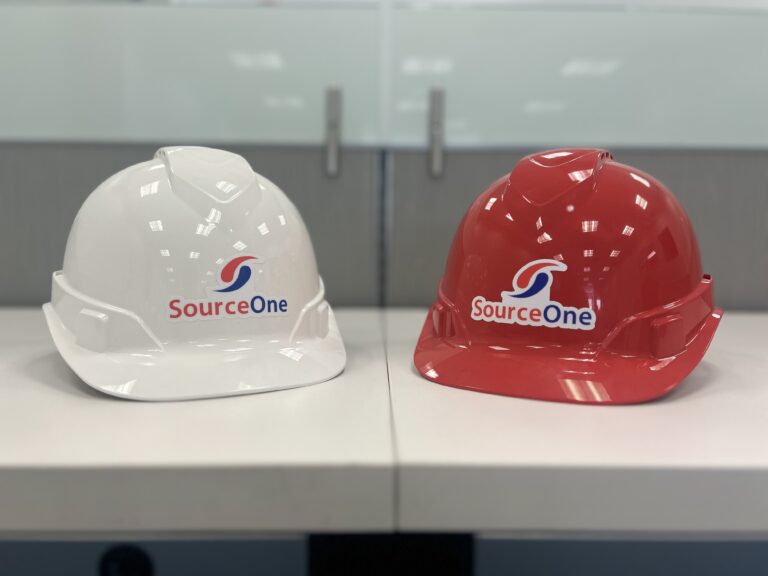
IV. Conclusion
South Florida’s hurricanes, tropical storms, and humidity cause serious water damage to properties. To protect your property, know the main causes of water damage. They are roof leaks, flooding, and weak structures. You can reduce water damage by taking some steps. Reinforce your roof, seal openings, and improve drainage. This will protect your home’s or business’s value.
However, despite the best prevention, weather is unpredictable. So, professional water damage prevention services are invaluable.
A trusted water damage restoration company in Fort Lauderdale can help. They can:
- Inspect your property.
- Use the right equipment to clean up.
- Make timely repairs.
- Give tailored advice to protect against threats.
If you haven’t prepared your property for South Florida’s climate, now is the time to act. Being proactive will save you from costly repairs and give you peace of mind. This means taking preventive measures and choosing the right restoration partner. For more info on protecting your property, please check our other resources. You can also reach out to our team for help.



